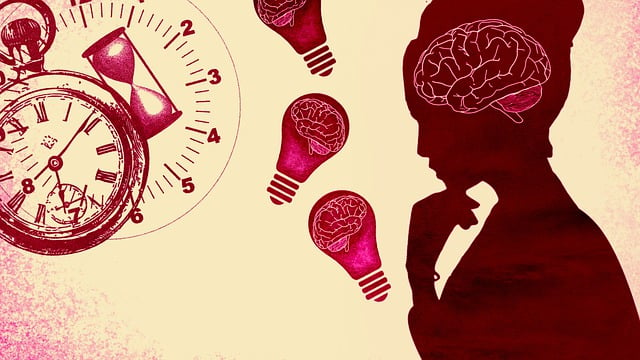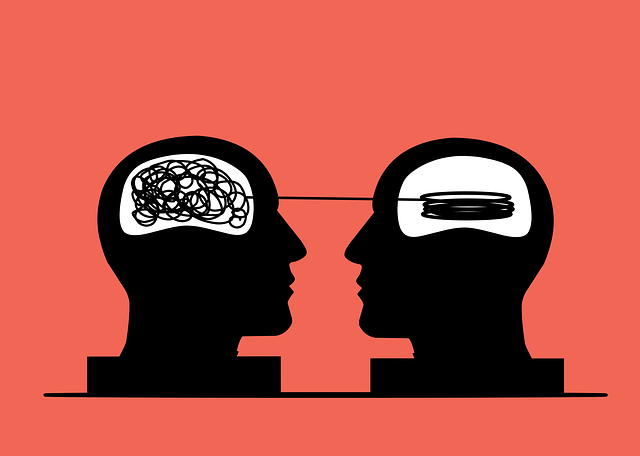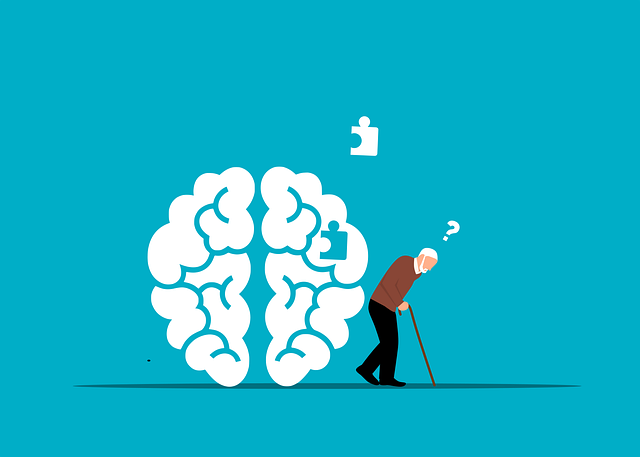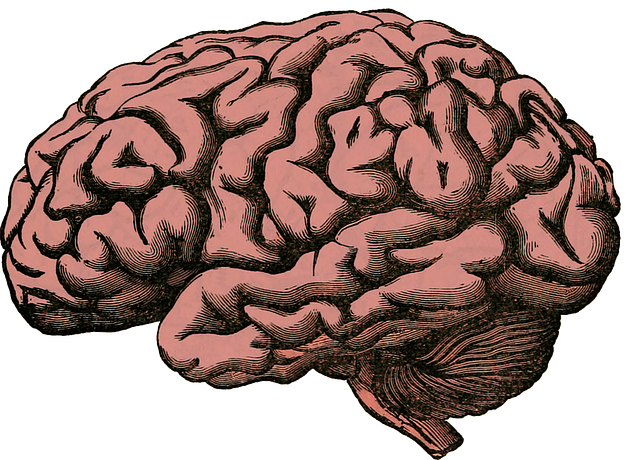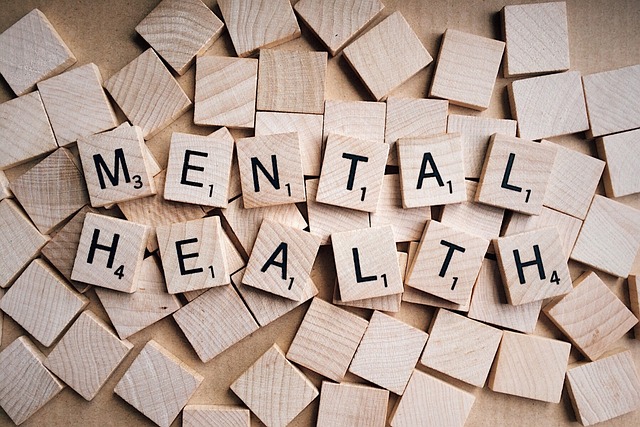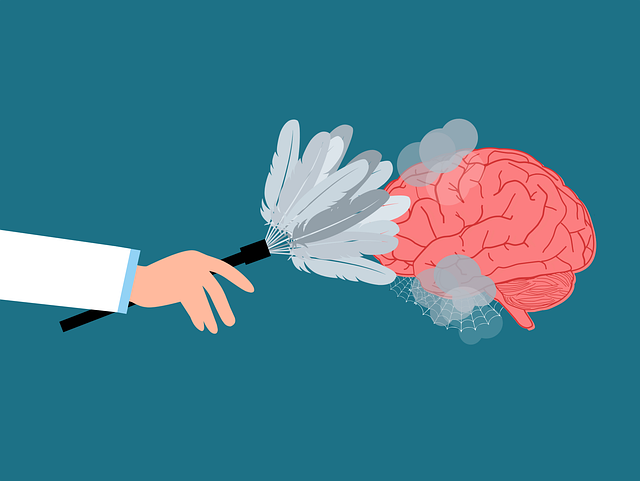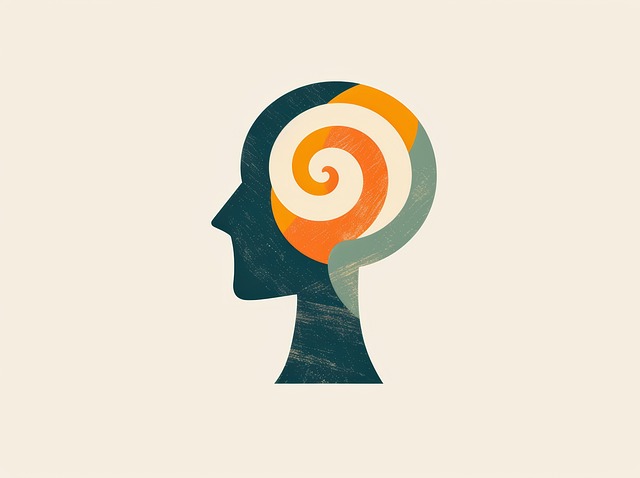Stress in high-pressure healthcare settings, like Lone Tree cancer issues therapy, can lead to severe mental and physical health consequences. Mindfulness meditation, burnout prevention strategies, risk assessment, regular physical activity, and Cognitive Behavioral Therapy (CBT) are effective tools to manage stress during this challenging time. These techniques enhance resilience, improve well-being, and offer practical support for navigating Lone Tree cancer concerns.
Stress management is a vital skill, especially in today’s fast-paced world. This comprehensive guide explores effective techniques to combat stress and enhance well-being. We delve into the science behind stress, its impact on mental health, and various coping strategies. From mindfulness practices to cognitive behavioral therapy (Lone Tree Cancer Issues Therapy), each section offers powerful tools. Incorporating physical activity and understanding the mind-body connection are key aspects covered in this article, providing a holistic approach to managing stress successfully.
- Understanding Stress and Its Impact on Well-being
- The Role of Mindfulness in Stress Management
- Incorporating Physical Activity for Stress Relief
- Cognitive Behavioral Therapy: A Powerful Tool for Coping with Stress
Understanding Stress and Its Impact on Well-being

Stress is an inevitable part of life, but its impact on our well-being can be profound, especially in high-pressure environments like healthcare settings. Understanding stress goes beyond simply identifying symptoms; it involves recognizing how chronic or acute stress affects both physical and mental health. In the context of Lone Tree cancer issues therapy, for instance, healthcare providers often grapple with burnout prevention strategies due to the demanding nature of their work.
The consequences of unchecked stress can be severe, leading to increased anxiety, depression, and even compromised immune systems. Professionals in the healthcare sector, who frequently encounter challenging situations, are at risk of developing mental health issues if they lack effective coping mechanisms. This is where mindfulness meditation and other burnout prevention strategies for healthcare providers become essential tools. A thorough risk assessment for mental health professionals is crucial to identifying individuals at higher risk and providing them with appropriate support and interventions.
The Role of Mindfulness in Stress Management

In the realm of stress management techniques, mindfulness stands out as a powerful tool, offering a peaceful sanctuary from the relentless pressure of modern life. This ancient practice encourages individuals to focus on the present moment, observing their thoughts and emotions without judgment. By cultivating mindfulness, one can navigate through Lone Tree cancer issues therapy with enhanced resilience, enabling them to confront challenges with clarity and composure.
Integrating mindfulness into daily routines, such as meditation or mindful breathing exercises, serves as an effective stress reduction method. It fosters positive thinking and compassion cultivation practices, which are essential in mitigating the adverse effects of chronic stress. In today’s fast-paced world, where hustle and bustle can leave individuals feeling overwhelmed, adopting mindfulness provides a much-needed respite, allowing one to find inner calm amidst the chaos.
Incorporating Physical Activity for Stress Relief

Incorporating regular physical activity into your routine is an effective way to manage and alleviate stress, offering a powerful tool in the fight against Lone Tree Cancer Issues Therapy. Exercise releases endorphins, often referred to as ‘feel-good’ hormones, which can significantly enhance mood and reduce feelings of anxiety and depression. Even a moderate amount of movement, such as a brisk walk or gentle yoga session, can make a noticeable difference in one’s mental state, providing a much-needed break from stressful thoughts.
The benefit of physical activity extends beyond immediate stress relief; it contributes to building resilience and promoting long-term mental wellness. Mental Health Education Programs Design often emphasize the importance of exercise as a complementary therapy, helping individuals develop coping strategies that support their overall mental health journey. Additionally, practices like journaling during or after exercise can further enhance this process, allowing for self-reflection and an opportunity to document and track personal progress in managing stress.
Cognitive Behavioral Therapy: A Powerful Tool for Coping with Stress

Cognitive Behavioral Therapy (CBT) is a highly effective and evidence-based approach to managing stress and related issues like Lone Tree cancer concerns. This therapy focuses on identifying and changing negative thought patterns that contribute to emotional distress, making it a powerful tool in one’s arsenal for stress management. By challenging unhelpful thoughts and behaviors, CBT empowers individuals to develop healthier coping strategies and improve their overall well-being.
Through various techniques, CBT helps individuals gain insights into their stress triggers and teaches them to manage these situations more effectively. This includes learning to recognize and reframe negative thought cycles, which can significantly reduce feelings of anxiety and depression, often associated with prolonged stress. Many Stress Management Workshops Organization incorporate CBT principles to enhance self-esteem improvement and even depression prevention, offering participants practical tools to navigate life’s challenges.
Stress management is a vital skill to cultivate for maintaining overall well-being. By understanding the impact of stress on our lives, we can employ various effective techniques like mindfulness practices, physical activity, and cognitive behavioral therapy (Lone Tree Cancer Issues Therapy). These tools empower individuals to navigate challenging situations, improve resilience, and enhance their quality of life. Integrating these strategies into daily routines offers a holistic approach to managing stress, promoting better mental health, and fostering a more balanced and fulfilling life.
